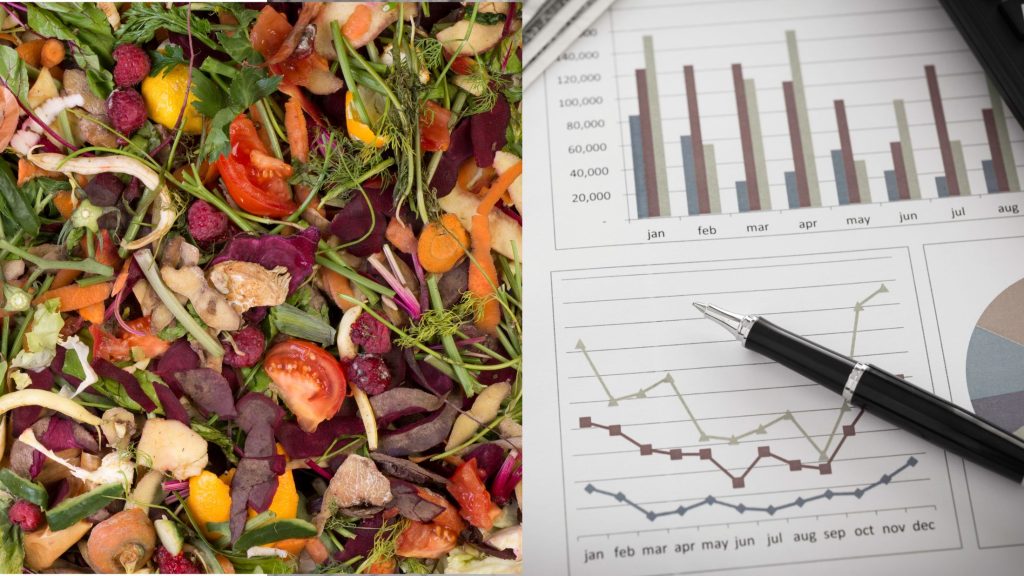
WASTEWISE provides recommendations to enhance the quality and comparability of EU Food Waste Data
As part of the WASTEWISE objective of deepening the existing knowledge on the state-of-the-art in food waste quantification in the European Union, the research partners, under the leadership of LUKE and with major contributions from SLU, have carried out an exhaustive revision and quality assessment of the food waste data reported by EU Member States. By identifying the margins for improvement in data collection and analysis, they aim to support the creation of a more consistent and comparable reporting framework.
Food waste reduction became a formal EU policy objective in 2018. Following the amendment of the Waste Framework Directive, a harmonised methodology for quantifying food waste was introduced in 2019, and Member States began applying it in the first official data collection in 2020–2021. The WASTEWISE analysis focuses on the 2022 dataset, covering all EU-27 countries as well as Norway and Iceland, which also submitted data to Eurostat.
To assess and compare the data, the research team developed a structured analytical tool based on the European Commission’s original reporting format, expanding it to capture more detailed methodological information. The analysis spans all five stages of the food supply chain: primary production, processing and manufacturing, retail, food services, and households.
Given the variability in the level of detail and transparency across national reports, the team complemented the official data with additional desk research, expert interviews, surveys, and a validation process. This allowed them to evaluate the comparability of food waste data between countries more accurately.
Researchers were able to identify both patterns and country-specific divergences in data collection and reporting practices, which led them to develop a set of policy and scientific recommendations aimed at improving the harmonisation, reliability, and comparability of food waste data across Europe.
Overall, the recommendations call for better guidance for national data collection, transparency in reporting applied methodologies, stronger institutional coordination to ensure data coherence, and consistent methodological approaches to enable year-to-year comparability. Through these evidence-based insights and pragmatic scenarios, WASTEWISE provides policymakers with the tools and knowledge needed to accelerate progress towards EU climate goals.
